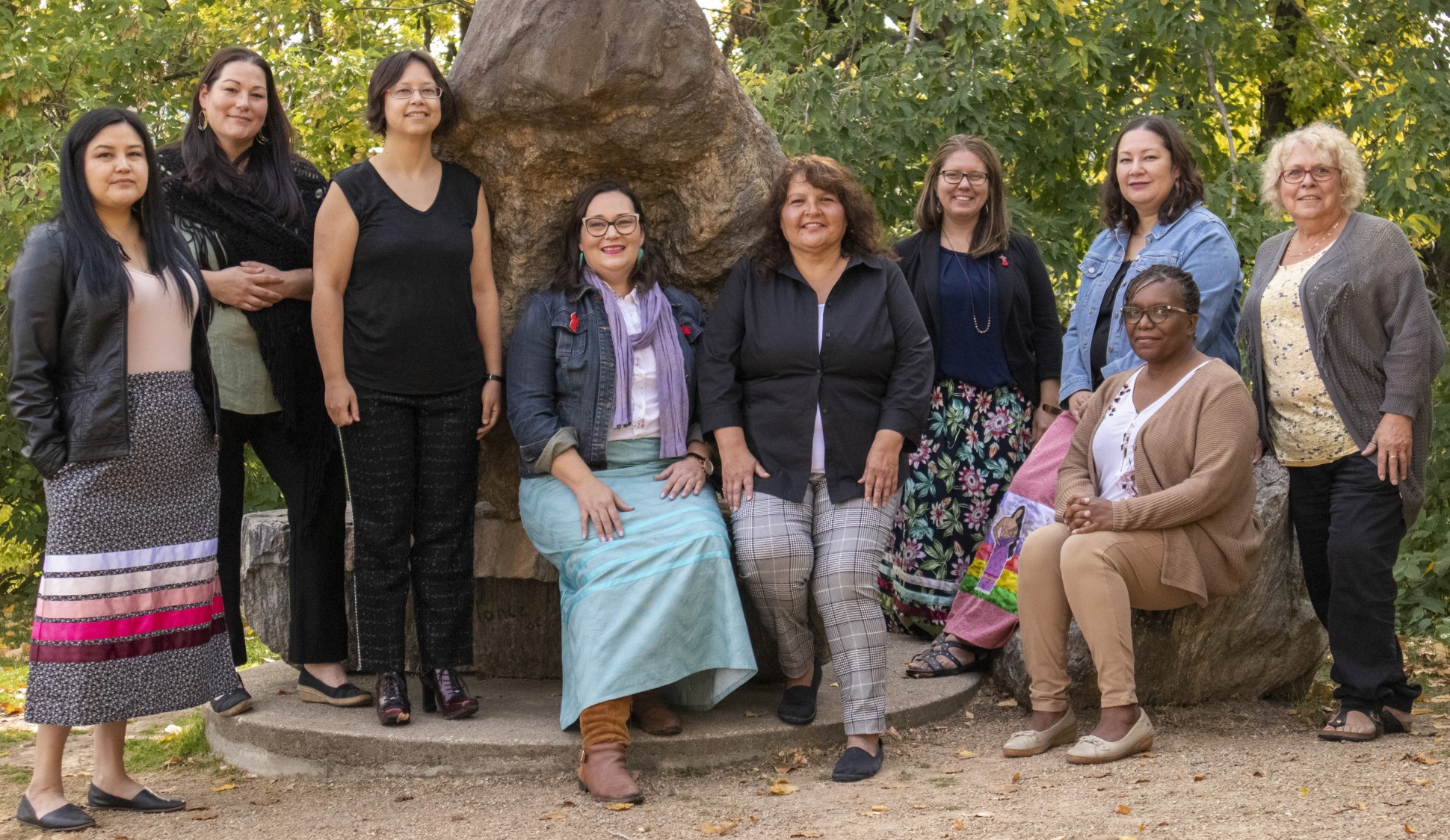Diversity and Inclusion
Reconciliation
The University of Winnipeg acknowledges that we are gathered on ancestral lands and is committed to implementing the recommendations of the Truth and Reconciliation Commission of Canada (TRC): Calls to Action.

The University of Winnipeg acknowledges that we are gathered on ancestral lands, on Treaty One Territory. Our water is sourced from Shoal Lake 40 First Nation. These lands are the heartland of the Métis people.
We are committed to implementing the recommendations of the Truth and Reconciliation Commission of Canada’s Calls to Action. As we come to grips with the growing magnitude of Canada's residential school history and our place in it, we will continue to take actions required for reconciliation.
To mark the release of the TRC’s findings on Indian residential schools, UWinnipeg hosted a gathering on June 2, 2015 of more than 700 people in Riddell Hall and Eckhardt-Gramatté Hall.
The Time for Reconciliation event, created in collaboration with the Province of Manitoba, City of Winnipeg, Winnipeg Public Libraries, Assembly of Manitoba Chiefs, and local faith groups, allowed people to share in this historic moment in the journey towards reconciliation between Indigenous and non-Indigenous Canadians.
In 2017, UWinnipeg Archives, along with the University of Manitoba, the National Centre for Truth and Reconciliation, and Library and Archives Canada, launched the Truth and Reconciliation Web Archive in hopes of preserving and providing access to websites related to the TRC’s work and responses to its Calls to Action.
We know that as Canada moves into an era of reconciliation with Indigenous Peoples, education remains vital, and we must continue to work together as a community to:
Want to know more about Reconciliation at UWinnipeg?
TRC Calls to Action- create opportunities for Indigenous students,
- collaborate with the K-12 system to create bridge programs to university,
- offer courses and/or programs in Indigenous languages, and;
- integrate Indigenous knowledge, perspectives, and worldview into our curricula and culture.
To provide students with the tools and knowledge to communicate, research, and advocate for Indigenous languages, such as Cree and Ojibwe, a new Bachelor of Arts in Indigenous Languages is launching at UWinnipeg in the 2021-22 academic year.
“It makes a statement that our languages our important enough to have a program,” said Dr. Lorena Fontaine, Indigenous Academic Lead. “Being able to tell those children, whose ancestral language is Cree, that there is a language program at The University of Winnipeg that they can go to one day is really empowering.”
Visit UWinnipeg's Truth and Reconciliation commitment page to view the programs and initiatives that UWinnipeg has undertaken related to Calls to Action in education, language and culture, health, justice, museums and archives, commemoration, and business and reconciliation.
